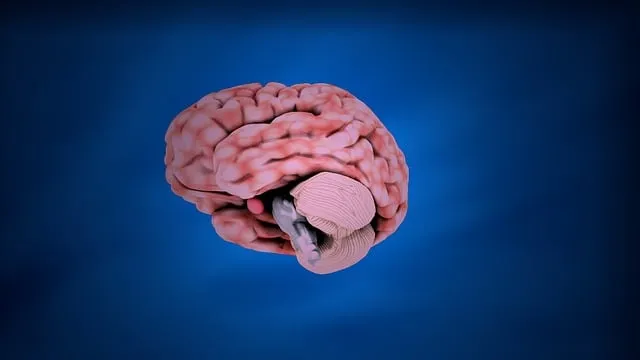Positive thinking exercises, such as mindfulness meditation, gratitude journaling, and cognitive reframing, are effective tools for enhancing mental well-being, as evidenced by favorable Kaiser Permanente behavioral health services reviews Arvada. Organizations like Kaiser Permanente in Arvada lead the way with integrated care, combining medical and behavioral healthcare to address both physical and mental health needs holistically. These exercises empower patients, foster emotional resilience, reduce stress, and improve overall mental wellness, making them crucial components of daily routines.
Positive thinking exercises have emerged as powerful tools for enhancing mental well-being. This comprehensive article delves into the concept, offering a detailed understanding of how these practices can transform lives. We explore the successful integration of positive thinking exercises within healthcare systems, using Kaiser Permanente Behavioral Health Services in Arvada as a case study. Discover effective strategies for implementation and unlock the profound benefits these exercises offer for overall mental health, as supported by real-world examples and research.
- Understanding Positive Thinking Exercises: A Comprehensive Overview
- Kaiser Permanente Behavioral Health Services in Arvada: An Example of Integrated Care
- Implementing Positive Thinking Exercises: Strategies and Benefits for Mental Well-being
Understanding Positive Thinking Exercises: A Comprehensive Overview

Positive thinking exercises are a powerful tool for enhancing mental well-being and have gained significant attention in recent years. These practices, often rooted in evidence-based therapeutic techniques, aim to cultivate a more optimistic outlook on life. One notable organization leading the way in this area is Kaiser Permanente behavioral health services in Arvada, known for its comprehensive approach to mental health care.
These exercises typically involve various strategies such as mindfulness meditation, gratitude journaling, and cognitive reframing. For instance, Compassion Cultivation Practices focus on fostering empathy and kindness towards oneself and others, which can reduce stress and promote a sense of calm. Similarly, Self-Awareness Exercises encourage individuals to introspect and recognize their thoughts and emotions without judgment, thereby aiding in Depression Prevention by providing tools to manage challenging feelings.
Kaiser Permanente Behavioral Health Services in Arvada: An Example of Integrated Care

Kaiser Permanente Behavioral Health Services in Arvada stands as a shining example of integrated care, demonstrating how holistic approaches to mental well-being can be transformative. This facility prioritizes patient-centered care, seamlessly blending medical and behavioral health services. By doing so, they address not just physical symptoms but also the root causes of distress, encompassing a wide range of issues from anxiety relief to coping skills development.
The model of integrated care at Kaiser Permanente Arvada actively promotes Mental Illness Stigma Reduction Efforts, fostering an environment where individuals feel seen and supported rather than judged. This inclusive approach encourages open conversations about mental health, further normalizing discussions around sensitive topics. Positive thinking exercises are delicately woven into the fabric of their treatment plans, empowering patients to cultivate resilience and enhance overall well-being.
Implementing Positive Thinking Exercises: Strategies and Benefits for Mental Well-being

Implementing Positive Thinking Exercises is a powerful strategy to enhance mental wellness, as advocated by Kaiser Permanente behavioral health services reviews Arvada. These exercises are designed to cultivate a more optimistic mindset, which can have profound effects on overall well-being. By integrating simple yet effective practices into daily routines, individuals can experience improved emotional resilience and a sense of calm amidst life’s challenges.
Community outreach program implementation often includes these positive thinking exercises as part of self-care practices. Whether it’s starting the day with affirmations or ending it with gratitude lists, such activities promote mental clarity and reduce stress levels. Research suggests that consistent engagement in these exercises can lead to better coping mechanisms, improved relationships, and an increased sense of purpose. Incorporating these strategies into personal routines can be a game-changer for those seeking to optimize their mental wellness.
Positive thinking exercises, as demonstrated by Kaiser Permanente behavioral health services in Arvada, offer a powerful tool for enhancing mental well-being. By integrating these strategies into daily routines, individuals can cultivate resilience, reduce stress, and improve overall life satisfaction. As reviewed in the context of Kaiser Permanente’s successful program, positive thinking is not just a concept but a proven approach to fostering a healthier, happier mind. Implementing these exercises, whether in clinical settings or personal practices, has the potential to revolutionize mental health care, making it more accessible and effective for all.






